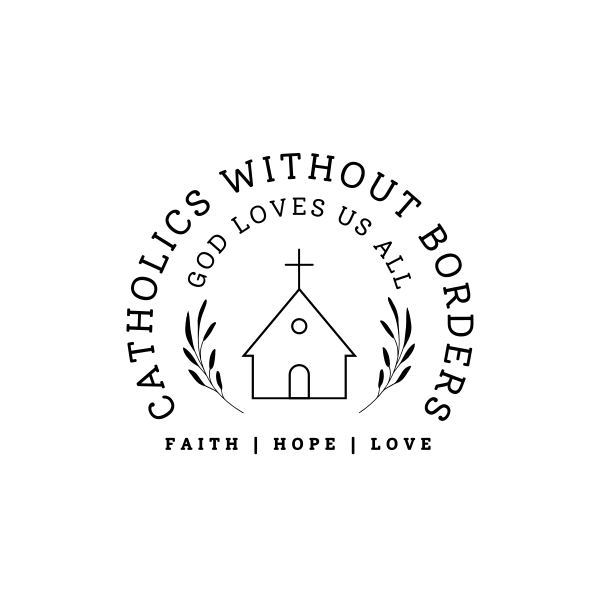“If you want to get to know a person, don’t ask them what they think but what they love.”- Saint Augustine.
Social norms and language are in a constant state of evolution. Secular ideologies and political choices often prioritize authority, power, and control, overlooking the spiritual truths vital to human flourishing. Love, as a deep and multifaceted concept, is also shaped by ever-changing social, political, and cultural influences. As these factors shift, values may also transform, sometimes resulting in greater individualism, utilitarianism, and a sense of disconnection.
This distorted understanding of love—such as a love for power or self-serving affection—can create divisions that undermine human dignity and detract from the common good. As a result, it is important to examine how concepts like love and responsibility can be interpreted in diverse ways throughout history. To gain deeper insights into these shifts, we can turn to the work of Saint John Paul II, particularly in the Love and Responsibility book. He reminds us that “love is a constant challenge thrown to us by God, and perhaps He does so in order to make us also challenge fate,” a sentiment expressed by Karol Wojtyla (Pope John Paul II) in The Jeweler’s Shop.
St. John Paul II, a philosopher and a profound admirer of humanity, reminds us that genuine love cultivates communion and promotes unity. This focus encourages us to form deeper connections with those around us, striving to understand their needs, struggles, and intrinsic worth. Consequently, this first edition is an introduction to explore love as an invitation to know ourselves and others more intimately. As St. Augustine wisely stated, “You cannot love what you do not know, nor defend what you do not love.” This serves as a reminder that love is an action that challenges us to transcend shallow, self-centered desires in favor of a deeper understanding and appreciation of our relationships. This perspective resonates with Saint John Paul II’s teachings, which assert that love is not merely an emotion but a conscious choice that calls us to seek the good of others through self-giving and solidarity. Ultimately, the pursuit of love is both a gift and a responsibility.
In light of this, Philia love, is characterized by friendship or brotherly affection, encompasses mutual respect, shared values, and genuine affection. This dynamic is prevalent among friends, family, and communities, highlighting its vital role in human connection and flourishing. Philosophers such as Aristotle have elucidated that philia is grounded in virtue, fostering personal growth as well as contributing to the moral fabric of society through social bonding. In this context, both individuals are dedicated to a shared pursuit of goodness and virtue, leading to enduring friendships rooted in the intrinsic value of one another (Aristotle, 2004).
Immanuel Kant further elevates the concept of philia by framing it as a moral obligation, where authentic love is the result of deliberate actions rather than mere fleeting emotions. His perspective challenges us to view friendship as a realm of ethical commitment and reciprocal care (Kant, I. 1998).
Additionally, Martin Buber in his seminal work “I and Thou” presents philia as an authentic and transformative relationship. Buber differentiates between two modes of interaction: the I-It relationship, where the other is regarded as an object for use or analysis, and the I-Thou relationship, which fosters mutual presence, authenticity, and respect between individuals (Buber, 1970).
Taking these perspectives into account, it becomes clear that philia is a fundamental aspect of human relationships, prompting us to reflect on how we cultivate and nurture meaningful connections. As human beings, we learn about love and responsibility through our social bonds, acknowledging the presence, dignity, and authenticity of others. This understanding resonates with the insights of Bessel van der Kolk, a Dutch psychiatrist, author, researcher, and educator known for his work in post-traumatic stress since the 1970s. Van der Kolk critiques the Western emphasis on individualism, suggesting that, while individualism is often celebrated in modern society, humans are inherently wired for relationships. Meaningful connections are essential for emotional regulation, resilience, and personal growth. Community and social relationships are pivotal in fostering resilience, healing, and flourishing, stemming from an awareness of our interdependence. He argues that individuals thrive when they feel understood, supported, and valued within a group, which stands in stark contrast to the isolating tendencies of individualism. He states, “A society that prioritizes individualism often neglects these communal needs, leaving people disconnected and unsupported.”
This perspective deeply resonates with St. John 4:7-8: “Beloved, let us love one another, for love is from God, and everyone who loves is born of God and knows God. Whoever does not love does not know God, because God is love.” From a theological standpoint, love is a divine gift, while from an anthropological perspective, it is a profound responsibility. Both views call us to transcend self-interest, honor the dignity of others, and recognize that human relationships are essential to identity, purpose, and unity. Hence, this journal intends to explore the ways in which cultural practices, such as parental care, spousal devotion, community service, and protection rites, incorporate love and responsibility to promote harmonious living and collective flourishing, expressing and echoing God’s love through future publications. Until then, we’ll be looking forward to welcoming you soon.


Leave a Reply